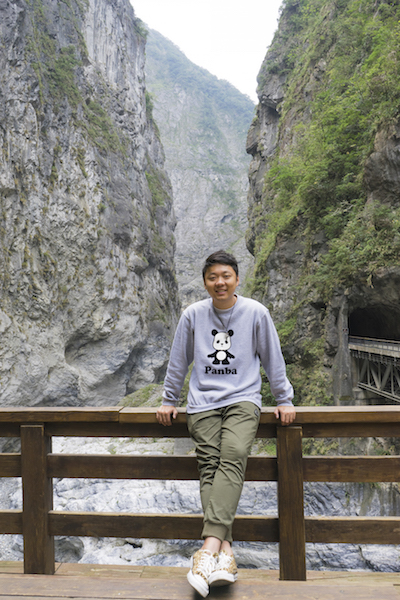Written by Regina Ender
According to Dr. Edwin Ding, mathematics is not confined to a textbook, but relevant to everyday life. He realized the importance of this truth while he was studying Mechanical Engineering as an undergraduate student at the University of Hong Kong. While earning his Ph.D. in Applied Mathematics from the University of Washington, Seattle Ding worked as a part-time instructor for his department and taught undergraduate courses. Through his experience teaching, he developed a love for the classroom and decided to pursue faculty teaching positions rather than become a full-time researcher. This vocational path allowed him to teach young mathematicians how to apply their knowledge to real-world problems.
This past academic year, Dr. Ding supervised a team of student researchers. The students’ research project partnered with the Los Alamos National Laboratories, resulted in a submission to an academic journal and a student presentation at a national conference.
Besides encouraging the students in his classes to be studious mathematicians, Dr. Ding urges them to take multiple data analysis and programming classes in order to be prepared for a job market needing people who understand big data. Ding also challenges students to develop their verbal and written communications skills in personal interactions and class assignments. Dr. Ding believes that mathematicians must communicate their ideas clearly and effectively to their clients in order to be successful.
This forward thinking helps his students be more well-rounded job candidates upon graduation.
While teaching is Dr. Ding’s primary passion, he still makes time to conduct research projects. Currently, he is studying numerical simulations and stability, focusing on periodic solutions in optical waveguide systems. Through this study, he is discovering whether certain types of optical waves can transmit stably in optical systems with special designs. Dr. Ding has also written a number of academic articles in his field of expertise. In 2016, he co-authored “Rogue Waves for Long Wave - Short Wave Resonance Model with Multiple Short Waves.” Building on that study, he wrote “Handling Shocks and Rogue Waves in Optical Fibers” and “Exact States in Waveguides with Periodically Modulated Nonlinearity” in 2017.
Dr. Ding has a significant impact on the students in his classes and is challenging the field of Mathematics to become even more collaborative and creative in teaching and application.
Words of Wisdom: “You’ve got to be working hard."
